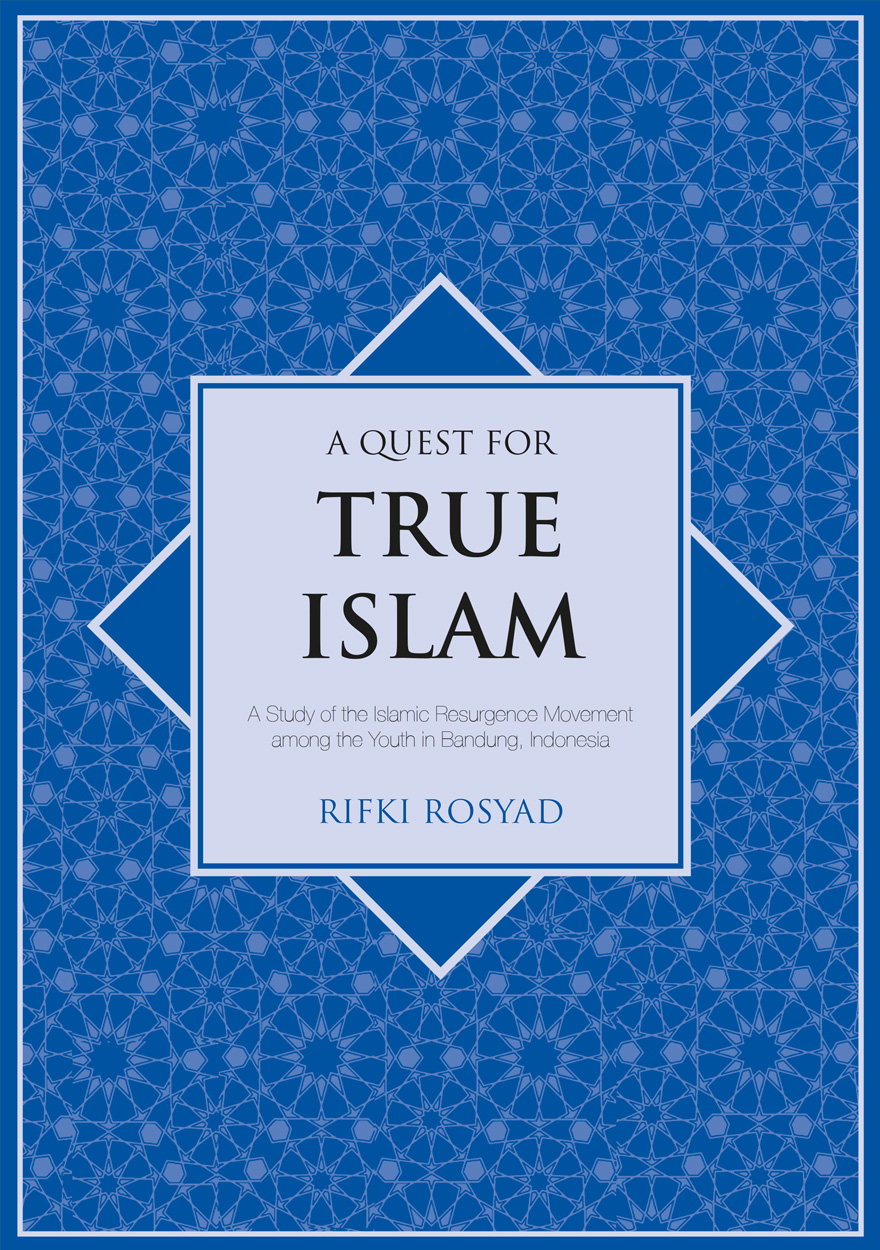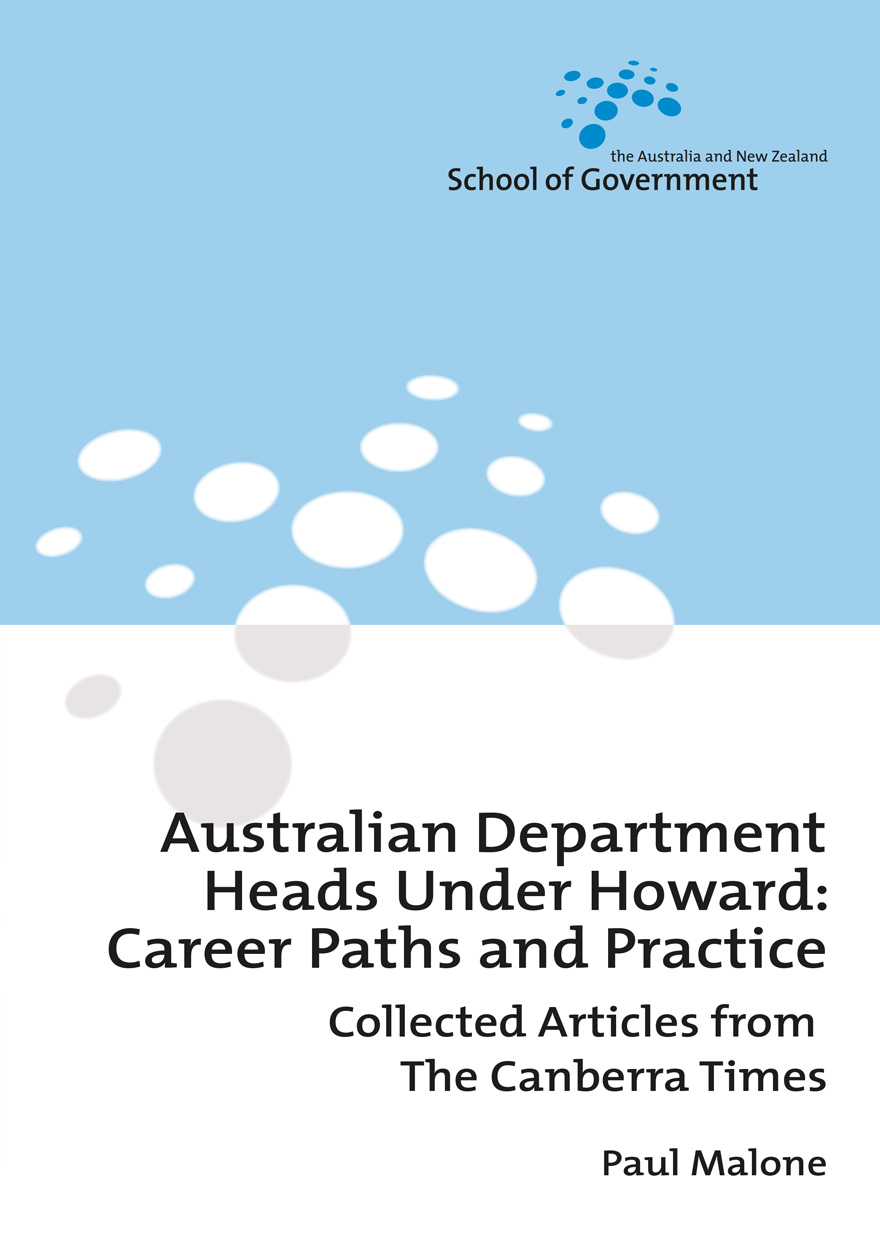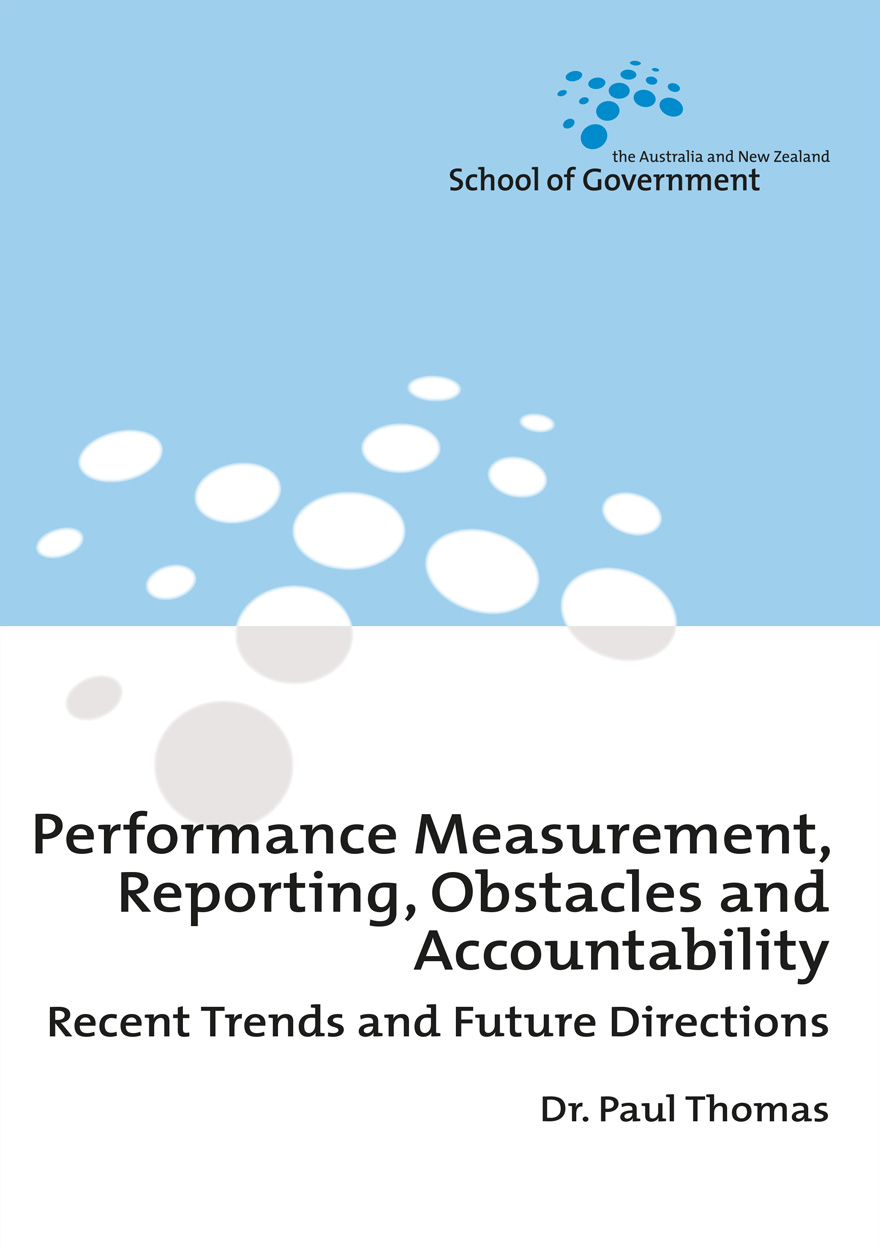Search titles
Displaying results 361 to 370 of 380.

China: Linking Markets for Growth »
Edited by: Ross Garnaut, Ligang Song
Publication date: August 2007
China’s prosperity is at the core of the emerging Platinum Age of global economic growth. Rapid economic growth has been underpinned by expansion in its domestic markets, and the integration of domestic and international markets in goods, services, capital, labour and foreign exchange. Global commodity prices have reached historic highs, while China’s capital outflows have helped to hold down interest rates worldwide. Linking markets, both domestic and international, has been key to China’s success.
In sustaining its strong economic growth, China has become one of the world’s most voracious consumers of energy. The challenge now facing the government and people of China is in achieving cooperation with the international community to avert the costs–both economic and environmental–of accelerating energy consumption.
China–Linking Markets for Growth gathers together leading scholars on China’s economic success and its effect on the world economy into the next few decades.

A Quest for True Islam »
A Study of the Islamic Resurgence Movement among the Youth in Bandung, Indonesia
Authored by: Rifki Rosyad
Publication date: July 2007
This study presents the contemporary Islamic resurgence movement among young people in Bandung Indonesia, focusing on its emergence, development and routinisation. It traces various factors and conditions that contributed to the emergence of the movement. It also tries to explain how and why young people (students in particular) turn to Islam, and how the movement is organised and developed among students. Finally, it examines internal changes among various Islamic groups as responses to social, political and cultural changes.

From Election to Coup in Fiji »
The 2006 campaign and its aftermath
Edited by: Jon Fraenkel, Stewart Firth
Publication date: June 2007
In May 2006 Fiji held its tenth general election since independence in 1970. In a country with an unenviable history of electoral trauma, the mood was apprehensive if not tense – not least because of controversial public statements against the incumbent Qarase government being made by the commander of Fiji’s military forces.
Despite a record number of parties and candidates, the winners were the two big parties – the heavily church-backed SDL, the party of choice of the majority of indigenous Fijians; and the Fiji Labour Party, the party preferred by most Indo-Fijians.
Although the result was ethnically polarised, for the first time in Fijian history the successful candidates came together to share power in a constitutionally ordained multiparty cabinet, with Laisenia Qarase retaining the prime ministership. But the fragile collaboration was short-lived. On 5 December 2006, Commodore Voreqe Bainimarama ordered a military takeover, declaring himself ‘President’, ousting the elected government and replacing it with an ‘interim’ government of his choice, and once again throwing Fiji into political turmoil.
With contributions from ex-Vice President Ratu Joni Madraiwiwi, ousted Prime Minister Laesenia Qarase, leader of the Fiji Labour Party and now interim Minister for Finance Mahendra Chaudhry, and an impressive array of leading commentators on Fijian affairs, this book provides a comprehensive and penetrating analysis of the lead-up to, the outcome and the aftermath of Fiji’s historic 2006 election. Shedding light on the complex weave of traditional chiefly systems, race relations, economics, constitutionality, the military ethos and religion, From Election to Coup in Fiji is essential reading for anyone with an interest in Fiji, the South Pacific and the politics of divided societies.

Globalisation and Governance in the Pacific Islands »
State, Society and Governance in Melanesia
Edited by: Stewart Firth
Publication date: December 2006
The Pacific Islands are feeling the effects of globalisation. Free trade in sugar and garments is threatening two of Fiji’s key industries. At the same time other opportunities are emerging. Labour migration is growing in importance, and Pacific governments are calling for more access to Australia’s labour market. Fiji has joined Samoa, Tonga, Tuvalu and Kiribati as a remittance economy, with thousands of its citizens working overseas. Meantime, Papua New Guinea and Solomon Islands grapple with an older kind of globalisation in which overseas companies exploit mineral and forest resources.
The Pacific Islands confront unique problems of governance in this era of globalisation. The modern, democratic state often fits awkwardly with traditional ways of doing politics in that part of the world. Just as often, politicians in the Pacific exploit tradition or invent it to serve modern political purposes.
The contributors to this volume examine Pacific globalisation and governance from a wide range of perspectives. They come from Papua New Guinea, Solomon Islands, Hawai’i, the Federated States of Micronesia, Samoa, Fiji, New Zealand and Jamaica as well as Australia.

Power and Pork »
A Japanese Political Life
Authored by: Aurelia George Mulgan
Publication date: December 2006
Power and Pork: a Japanese political life aims to tell the ‘inside story’ of a Japanese politician—Matsuoka Toshikatsu—one of the more controversial members of Japan’s national Diet. Matsuoka belongs to the ruling Liberal Democratic Party (LDP) as a representative of the Lower House constituency of Kumamoto No. 3, one of Japan’s regional electorates. His behaviour has been the subject of much speculation and commentary in the media. The book details Matsuoka’s political stratagems and policy activities as an archetypal ‘traditional’ politician representing farm and rural interests. As an old-style, old-guard LDP Diet member, Matsuoka is the kind of politician that former Prime Minister Koizumi targeted in his attempt to reform his own party and the policymaking process. Matsuoka’s reversal of fortune under Prime Minister Abe with his appointment to the post of Minister of Agriculture, Forestry and Fisheries raises questions about the durability of Koizumi’s reforms.
The scope of the work is contemporary Japanese domestic politics, including electoral processes, zoku influence, pork barrelling and ‘money politics’ as exemplified by one of its key players. Power and Pork gives an account of how Matsuoka has catered to local, sectional and clientele interests in order to build and retain his political power base. One of the most important conclusions of the book is that individual ruling party backbenchers can exercise extraordinary influence over government policy in Japan.

Australian Department Heads Under Howard: Career Paths and Practice »
Collected Articles from The Canberra Times
Authored by: Paul Malone
Publication date: November 2006
The articles in this collection were first published in the Canberra Times between 14 November 2005 and 22 April 2006 in a slightly different format. In some cases two articles were published on the one secretary. These have been combined into one and minor edits and corrections have been made. The articles have not been updated to take account of events since they were first published.

Managing Consultants »
A Practical Guide for Busy Public Sector Managers
Authored by: Leo Dobes
Publication date: November 2006
A revised and updated 2016 edition of Managing Consultants is available.
Despite considerable investment in skills development, managers in public sector organisations still exhibit significant deficiencies in contract and relationship management skills and knowledge. This monograph is a practical, user-friendly guide to the benefits, perils and pitfalls of managing outside consultants.
Writing from years of experience in managing consultants in government, Dr Dobes guides on best practice, as well as including advice on what not to do, and how to rectify shortcomings in the process of using consultants effectively.

Australian Political Lives »
Chronicling political careers and administrative histories
Edited by: Tracey Arklay, John Nethercote, John Wanna
Publication date: October 2006
This monograph brings together some of the best practitioners of the art and craft of political biography in Australia. They are simultaneously some of our best scholars who, at least in part, have turned their attention to writing Australian political lives. They are not merely chroniclers of our times but multidisciplinary analysts constructing layers of explanation and theoretical insight. They include academic, professional and amateur biographers; scholars from a range of disciplines (politics, history, sociology, public administration, gender studies); and politicians who for a time strutted the political stage. The assembled papers explore the strengths and weaknesses of the biographical approach; the enjoyment it can deliver; the problems and frustrations of writing biographies; and the various ways the ‘project’ can be approached by those constructing these lives. They probe the art and craft of the political biographer.

Performance Measurement, Reporting, Obstacles and Accountability »
Recent Trends and Future Directions
Authored by: Paul G. Thomas
Publication date: October 2006
This monograph identifies the ways that ‘politics’ enters into the creation of performance measurement systems, the selection of the official and unofficial aims of such systems, the selection of performance criteria and measures, the interpretation of findings, the responses to such findings and the implications of performance reporting for the accountability of both politicians and public servants. Along the way, both the conditions favouring and the obstacles to successful performance measurement will be highlighted.

Islands of Turmoil »
Elections and Politics in Fiji
Authored by: Brij V. Lal
Publication date: August 2006
“It is not so much whether things are not as bad as they ought to be or could have been. It is, rather, whether things could have been much better”.
By rights, the island nation of Fiji should be thriving. It is easily the most developed country in the South Pacific; it is a hub for regional transportation and communication links, the home of international diplomatic, educational and aid organisations, with a talented multiethnic population. Yet, since its independence it has suffered two military coups in 1987 and an attempted putsch in 2000, resulting in strained institutions, and disrupted improvements to essential infrastructure, and to educational, social and medical services.



